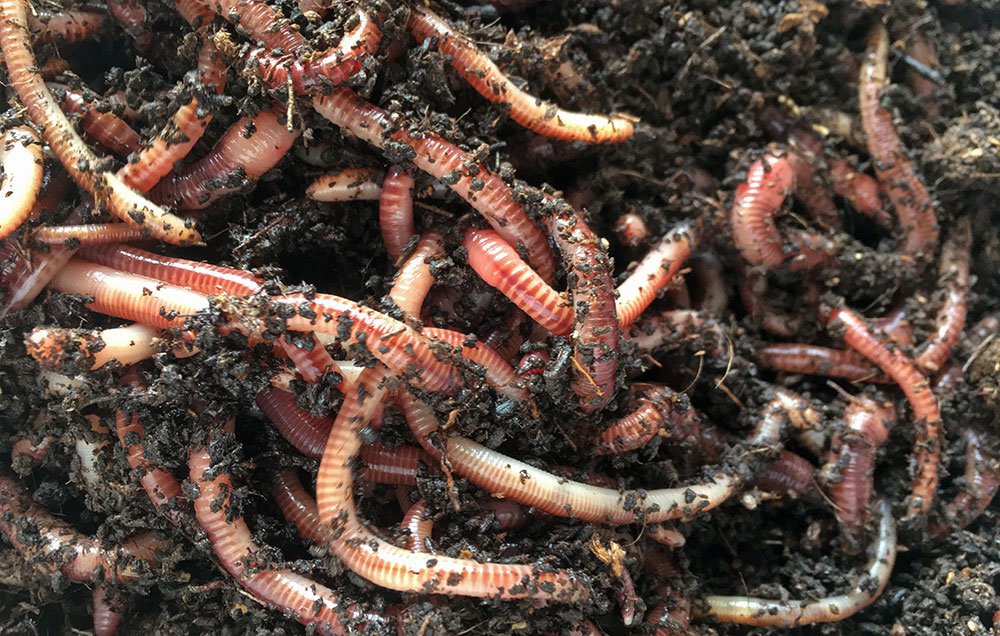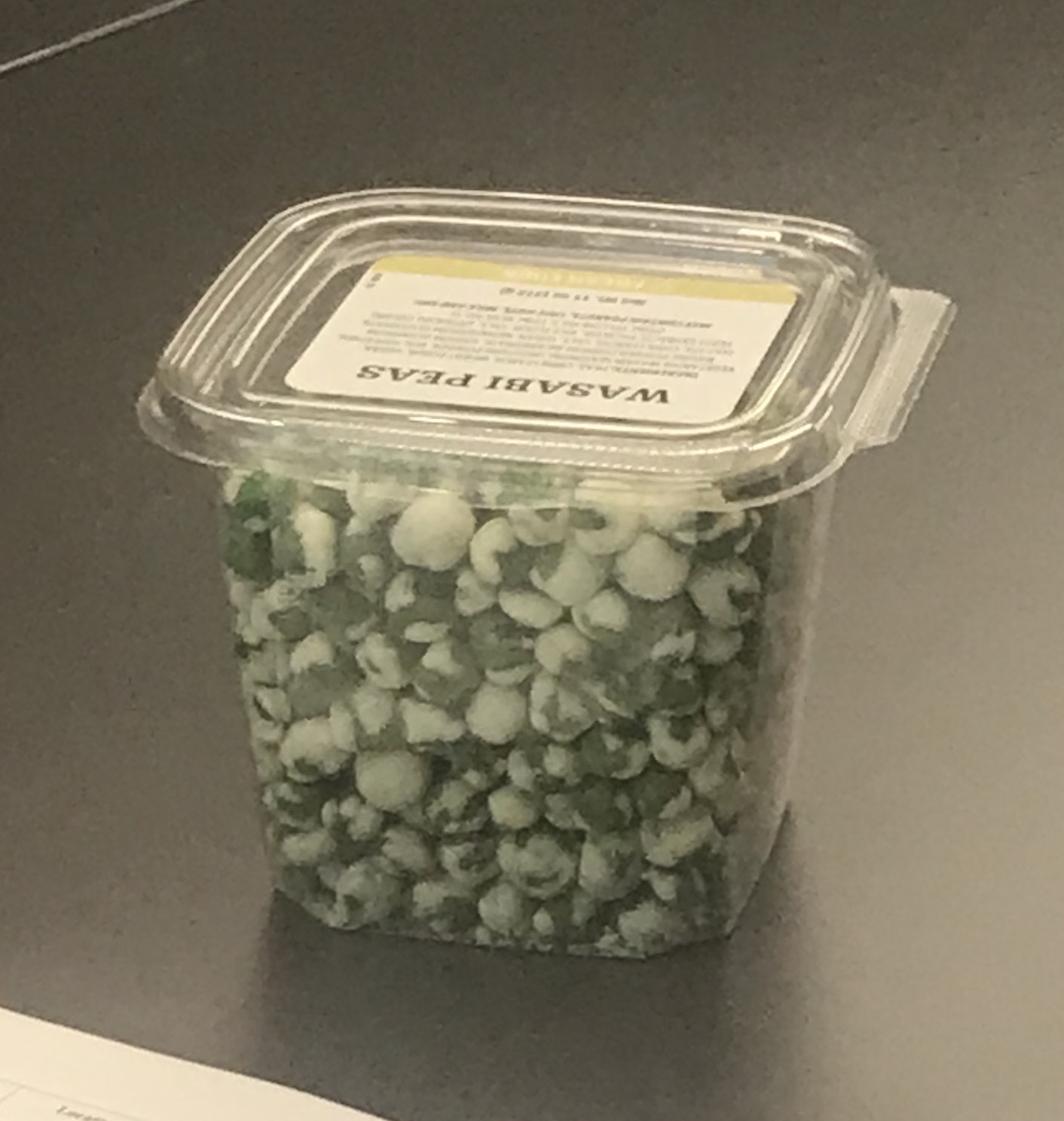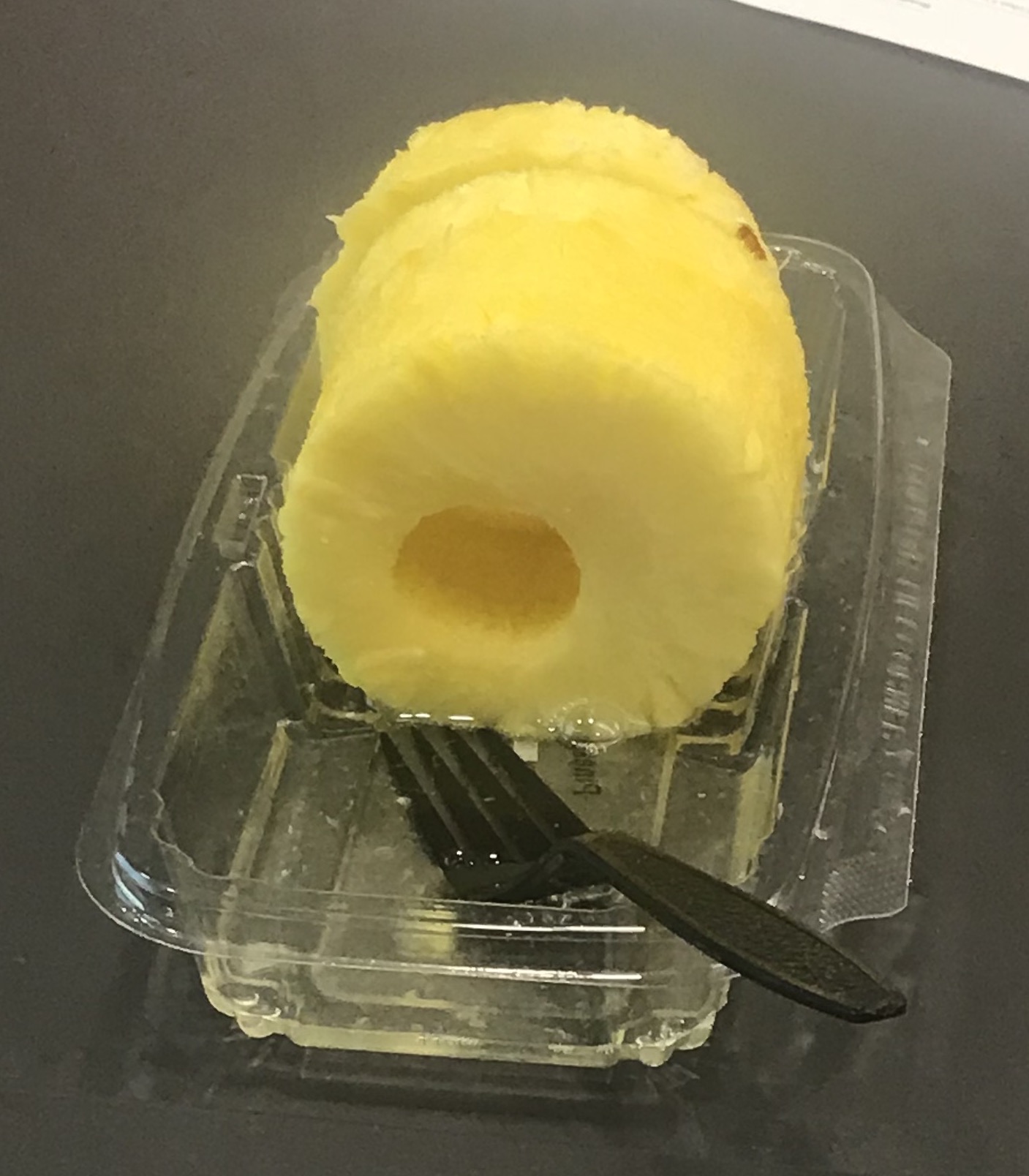Ron Dardashti & Adam Johnson
We started our class with Adam’s SnackAttack! (Thank you Professor Sheehan for the policy.) He brought an interesting combo (Pineapple and Wasabi Peas)…they were of course a palatable pair.
Adam:
Professor Sheehan began by introducing us to post-Columbian exchange trade and a newly formed colonial culture. During this time the Spanish and Portuguese dominated much of export of new world resources such as gold, silver, slaves and a variety of food drugs. They imported things such as disease, earthworms and religious oppression. The new network of trade was largely grafted onto pre-existing networks, with the Spanish trade networks outlasting the Portuguese. These networks did not only extend into the Americas but also into Asia, with the example of Macao in China as one of the remaining Portuguese trading posts, and remaining under their control until 1999. The introduction of food drugs such as coffee, tobacco, sugar, and opium gave rise to the creation of Corporations, including the Dutch and British East Indies companies. Interestingly these corporations strove for monopoly status with protection from the governments of their countries of origin. The repercussions of colonization and corporatized structure are being felt to this day.
 Ron:
Ron:
After Professor Sheehan’s lecture on post-Columbian exchange trade ended. We all finally downloaded WeChat! We spent about fifteen minutes getting acquainted with the app and then started to add each other to our Global East Asia Groupchat! Then after we all had each others contacts, we broke into our research groups to further think about and analyze our intended research topics. In addition, we all started talking about out group names! So far we have not all decided about our topics but my group (Ron’s group) decided that our team name will be “Athletes Foot” because we are researching athletic footwear.
After we finished meeting with our groups we got a chance to use our “Toolbox” through our analysis of a Chinese Lay’s Chips ad. We practiced our thesis building skills in addition to using evidence driven arguments. Finally, we wrapped up with a quick lecture on the Ming and Qing dynasty. Interestingly enough, China’s culture is much less isolationist than we all previously had thought. Professor Sheehan portrayed to us how open minded of foreign cultures the Chinese people really are by showing the Qing dynasty palace that was replicated to look like Versailles.



